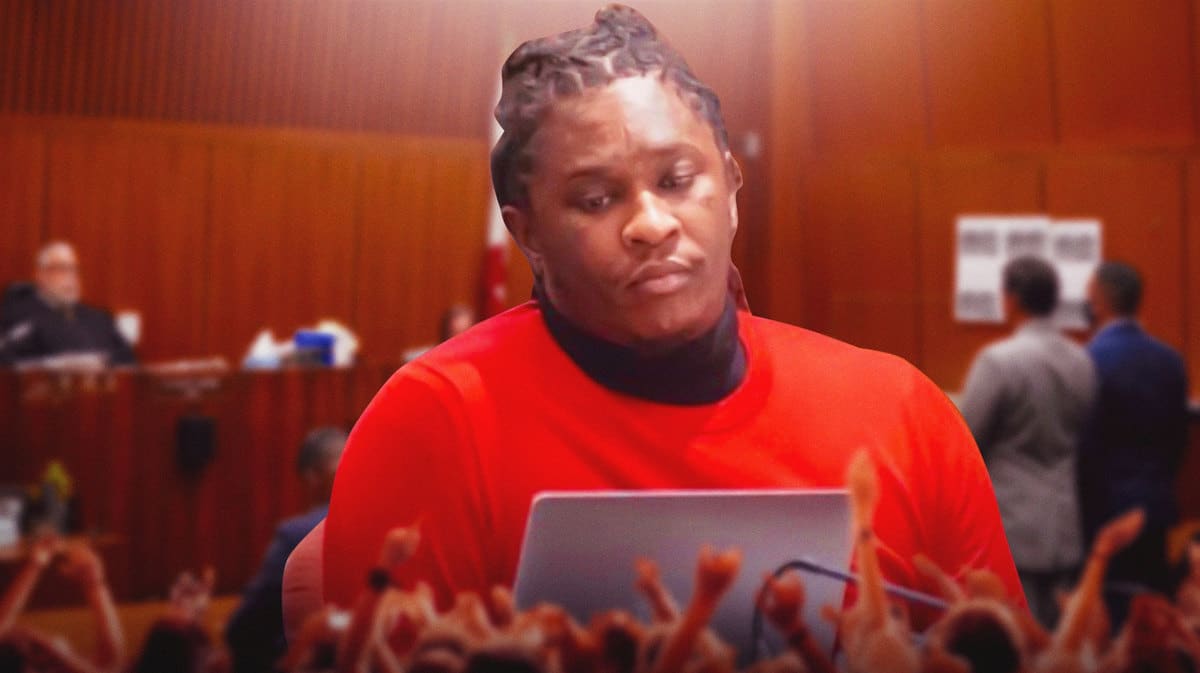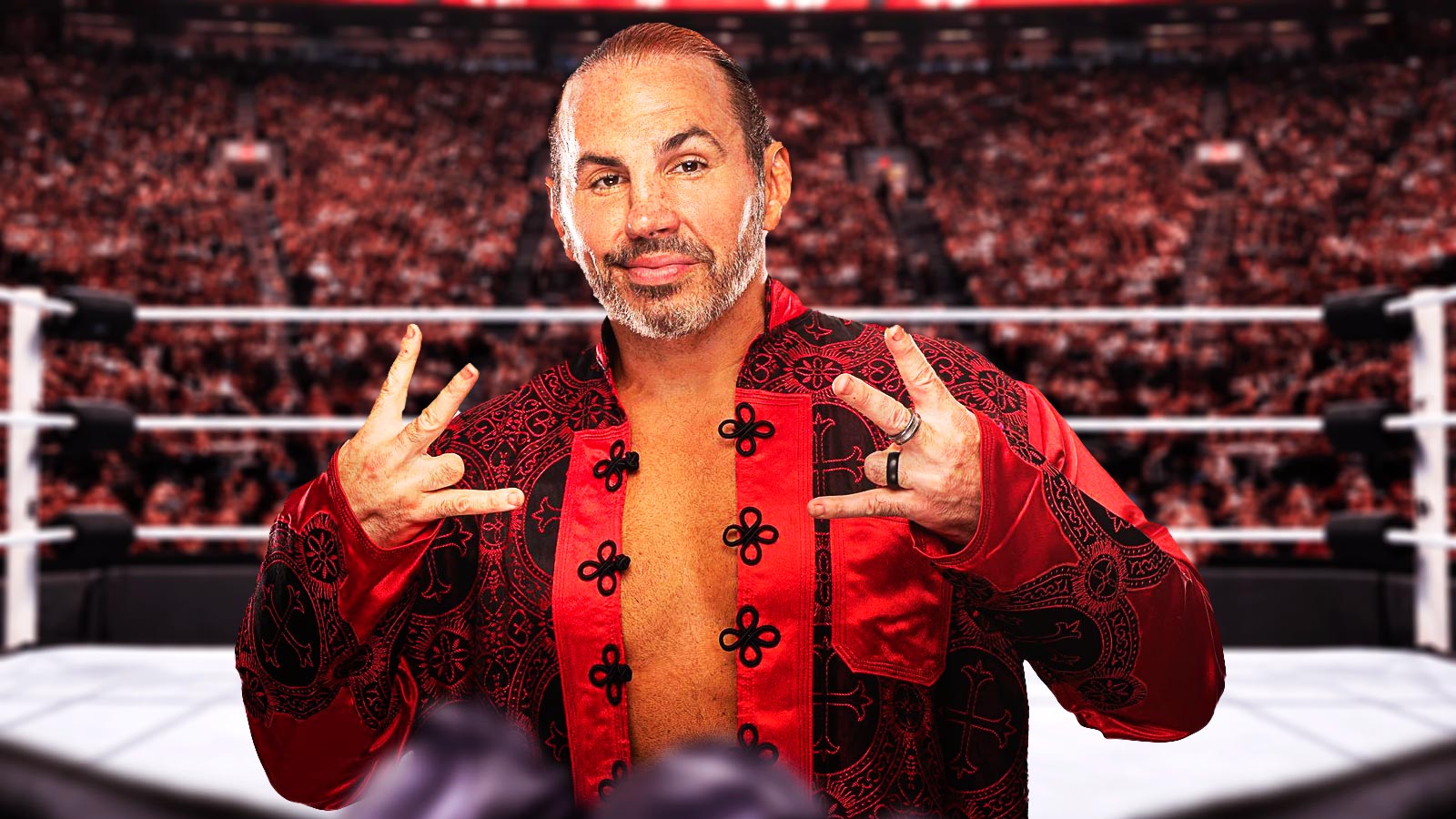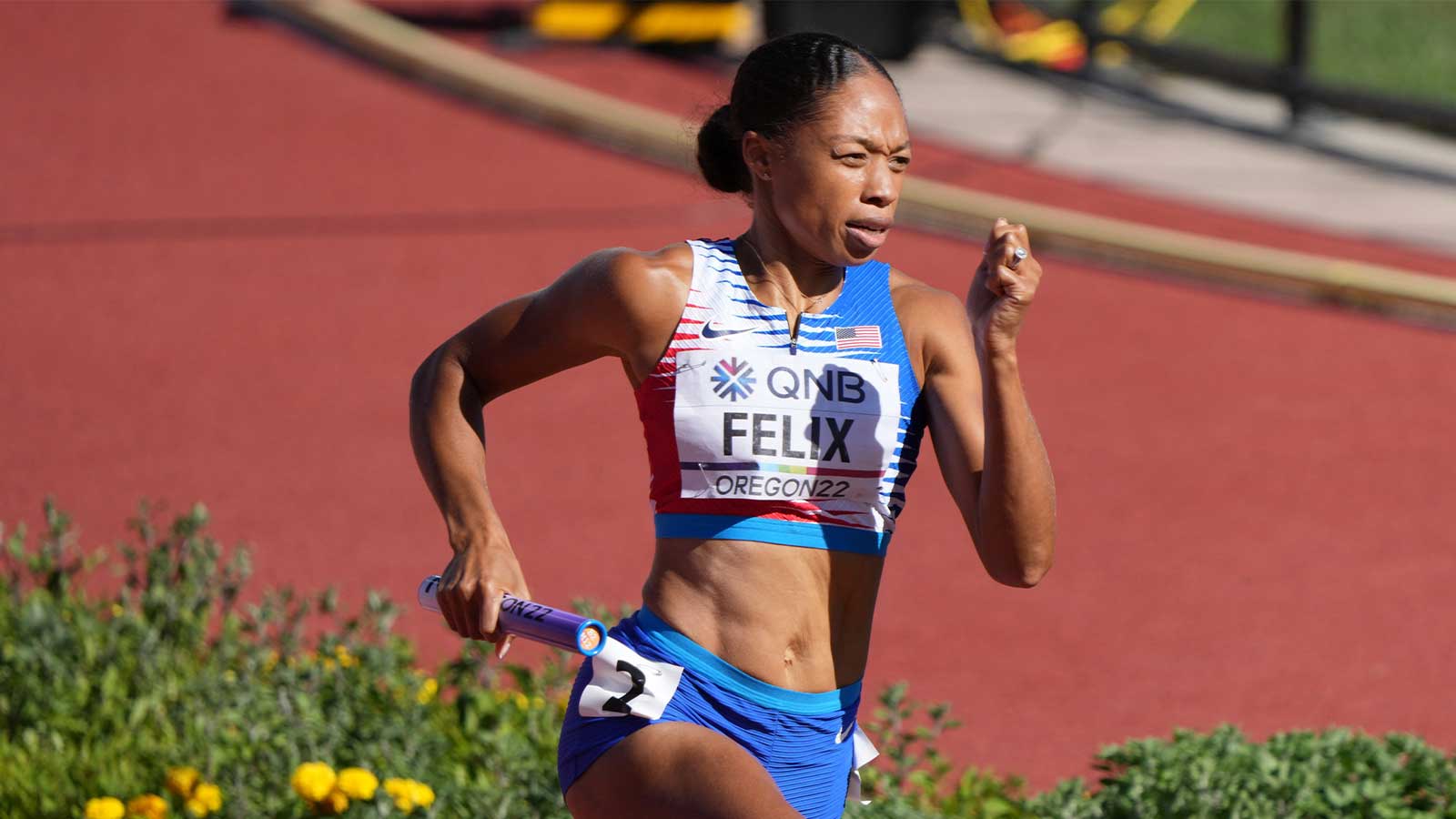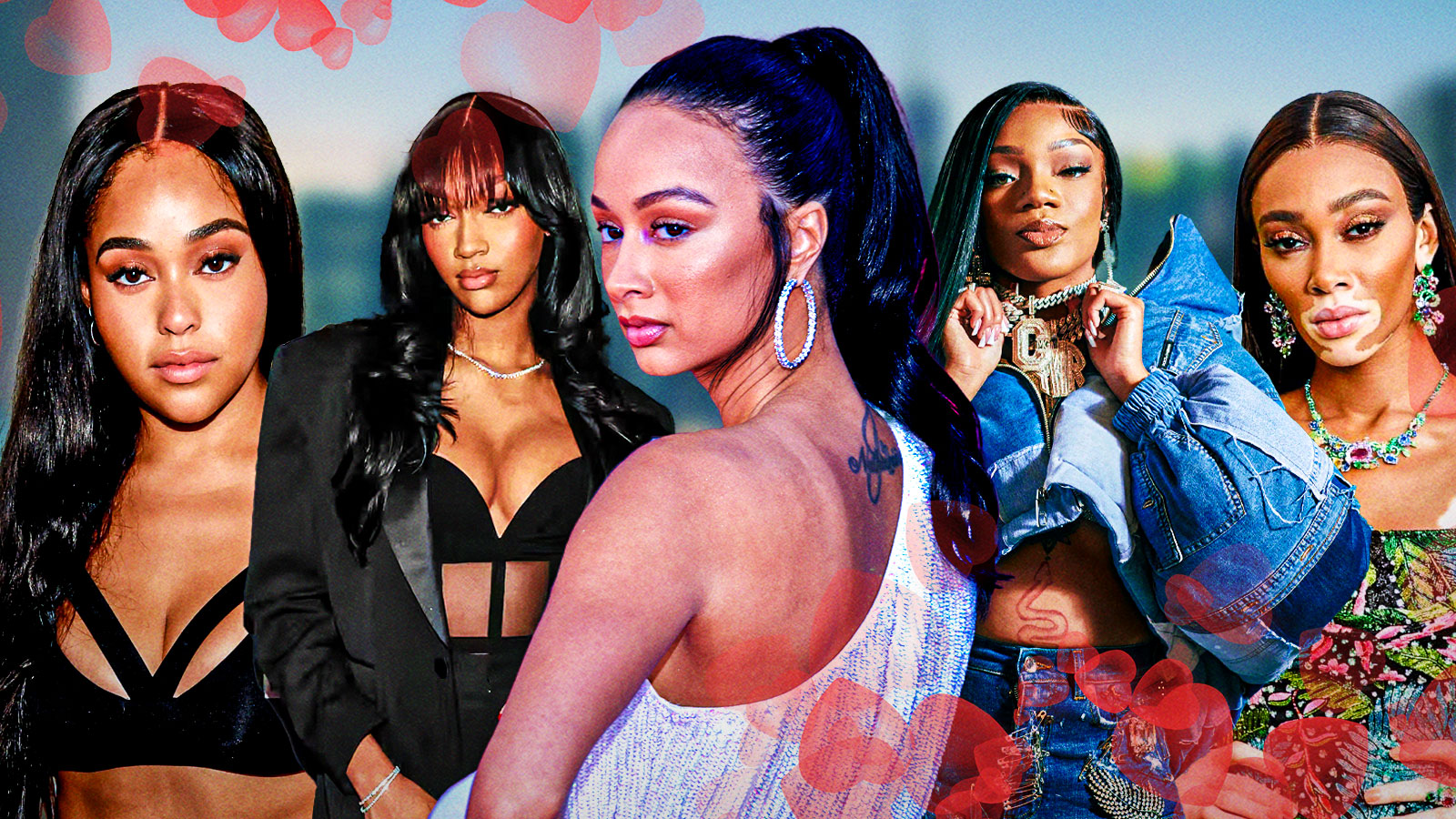In the ongoing gang and racketeering trial involving Atlanta hip-hop artist Young Thug and his associates, a significant ruling was made on Thursday, allowing certain rap lyrics to be admitted as evidence. Fulton County Chief Judge Ural Glanville stated that the lyrics could be presented to the jury if prosecutors could establish their relevance to real-world crimes allegedly linked to the “Young Slime Life” group, according to Billboard.
Prosecutor reads lyrics from young thug songs that they want to use against him pic.twitter.com/MKAAQtLJdm
— Shannonnn sharpes Burner (PARODY Account) (@shannonsharpeee) November 8, 2023
Despite the defense's argument that rap lyrics should be protected as a form of creative expression and that their introduction could unfairly prejudice the jury, the judge sided with the prosecution. Prosecutor Mike Carlson emphasized that the issue at hand was not rap itself but rather the admissions made within the lyrics. “They just happen to come in the form of lyrics,” Carlson stated, asserting that the lyrics were essentially party admissions.
On behalf of Young Thug, attorney Brian Steel criticized the prosecution's attempt to use creative expression as incriminating evidence, asserting that it infringed upon the right to free speech. Nevertheless, Judge Glanville stood by his decision, emphasizing that the lyrics were being used to demonstrate the alleged involvement of the defendants in other criminal activities.
During the extended hearing, Carlson underscored the gravity of the situation, emphasizing that the events described in the rap lyrics were tragically real, with actual lives lost. “People can look at that indictment and see one thing that’s for sure not fantasy: People are dead. Murdered,” Carlson asserted passionately.
With this pivotal ruling, the trial is set to move forward with the consideration of the rap lyrics as evidence, shedding light on the intricate intersection between artistic expression and legal accountability.



















